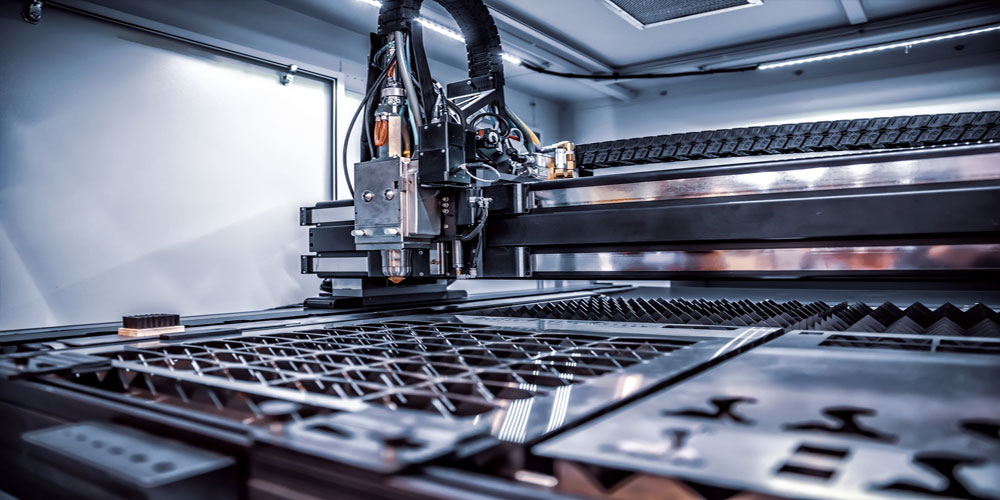Electroplating and metal finishing services are essential processes used in various industries to improve the appearance, durability, and performance of metal products. Electroplating involves depositing a thin layer of metal onto a conductive surface through an electrochemical process, while metal finishing services encompass a range of techniques used to modify and enhance the surface properties of metal parts.
Electroplating is commonly used to provide a decorative and protective coating to metal products, such as jewelry, automotive parts, and consumer electronics. The process involves immersing the metal object in a solution containing dissolved ions of the plating metal, such as gold, silver, or chrome. An electric current is passed through the solution, causing the metal ions to be attracted to and deposit onto the metal object’s surface, forming a thin and uniform layer.
Metal finishing services encompass a wide range of techniques used to modify and enhance the surface properties of metal parts. Some common metal finishing techniques include polishing, buffing, and deburring, which are used to remove surface imperfections, such as scratches, burrs, and rough edges, resulting from machining or casting processes. Other techniques, such as anodizing, chemical etching, and passivation, are used to alter the surface properties of metal parts, such as their corrosion resistance, hardness, and conductivity.
Metal finishing services are used in various industries, such as aerospace, automotive, electronics, and medical devices, to improve the performance and longevity of metal parts. For example, anodizing is commonly used in the aerospace industry to improve the corrosion resistance and durability of aluminum components, while passivation is used in the medical device industry to improve the biocompatibility and corrosion resistance of stainless steel components.
In addition to improving the performance and durability of metal parts, electroplating and metal finishing services can also be used to enhance their aesthetic appeal. Decorative finishes, such as gold, silver, and chrome plating, can be used to give metal products a shiny and lustrous appearance, making them more visually appealing and attractive to consumers.
Electroplating and metal finishing services also play an important role in environmental sustainability by reducing waste and pollution. Many metal finishing processes, such as electroplating and anodizing, use recyclable solutions and produce minimal waste, making them more environmentally friendly than traditional painting or coating processes. Additionally, some metal finishing services, such as passivation and electroless nickel plating, can be used to reduce the use of hazardous substances, such as chromium and cadmium, which can be harmful to the environment and human health.
Moreover, electroplating and metal finishing services are highly customizable, allowing manufacturers to tailor the process to the specific needs of their products. For example, manufacturers can adjust the thickness and composition of the plating layer to optimize the performance and appearance of their products. This flexibility makes electroplating and metal finishing services a versatile and cost-effective solution for a wide range of applications.
It is also worth noting that electroplating and metal finishing services require a high level of expertise and technical knowledge. Experienced professionals are required to operate the equipment, monitor the process parameters, and ensure that the final product meets the required specifications. As a result, many companies choose to outsource their electroplating and metal finishing needs to specialized service providers who have the necessary expertise and experience to provide high-quality services.
Electroplating and metal finishing services are essential processes that offer numerous benefits, including improved performance, durability, and appearance of metal products, as well as environmental sustainability and cost-effectiveness. With the increasing demand for high-quality metal products, these services will continue to play a vital role in various industries, from aerospace to medical devices, for many years to come.
